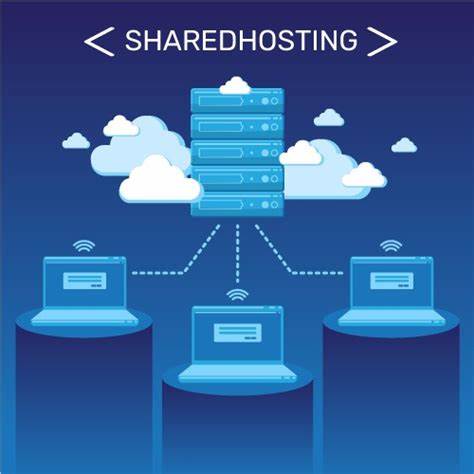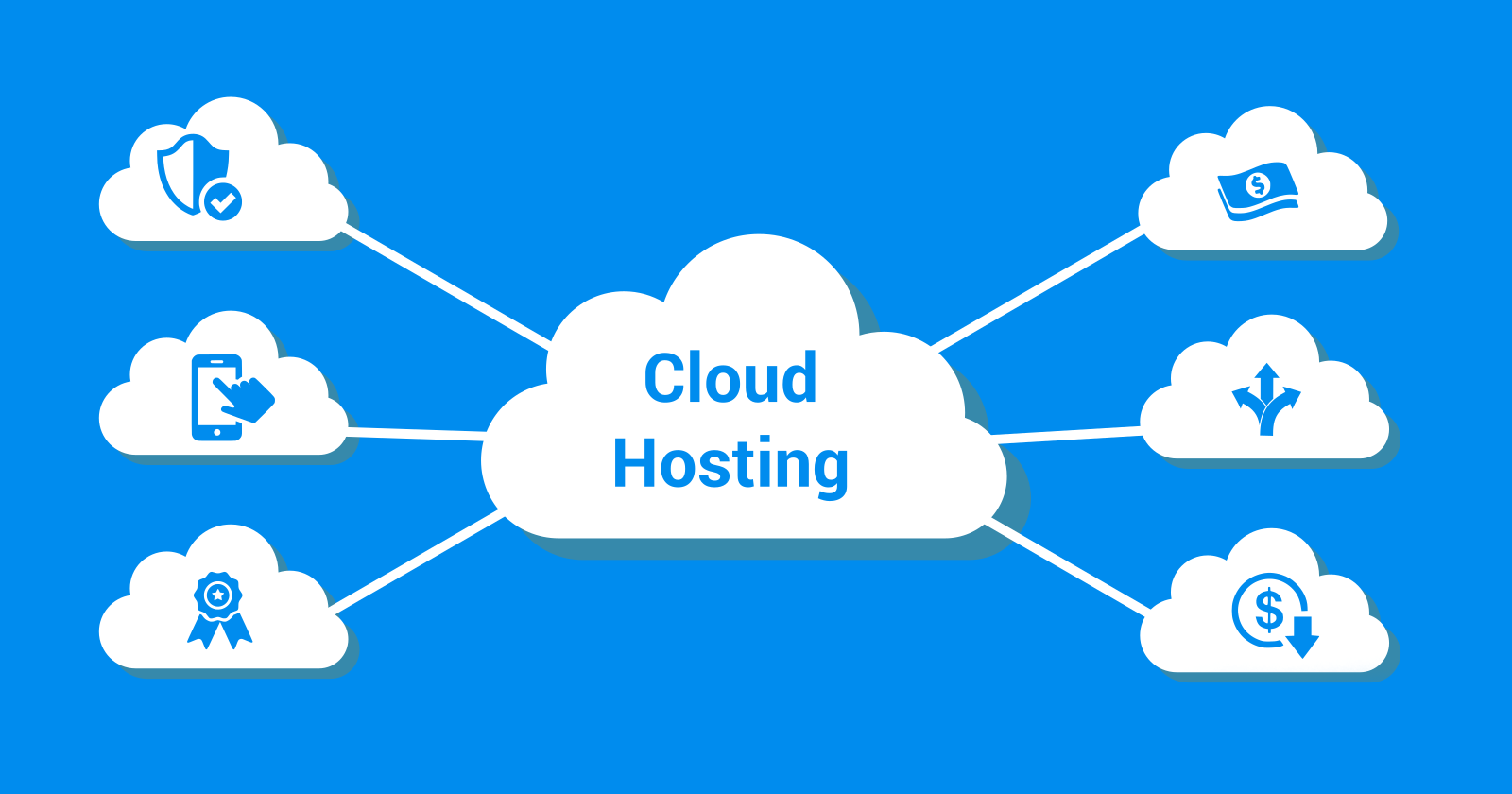Breification B23: All you need to know about VPS
A virtual private server, also known as a VPS, acts as an isolated, virtual environment on a physical server, which is owned and operated by a cloud or web hosting provider.
However, it’s smaller scale and cheaper than renting an entire server. Virtual private server solutions usually offer more than one hosting plan. For instance, at Hostinger, we have six VPS plans to suit different business needs and let you scale your site seamlessly when you need more resources.
A VPS—or virtual private server—is a virtual machine that provides virtualized server resources on a physical server that is shared with other users. With VPS hosting, you get dedicated server space with a reserved amount of resources, offering greater control and customization than shared hosting.
VPS hosting is usually chosen by website owners who have medium-level traffic that exceeds the limits of shared hosting plans but still don’t need the resources of a dedicated server.
How does a VPS work?

VPS hosting provides you with a virtual server that simulates a physical server, however, in reality, the machine is shared among several users. Even though you are sharing one physical server with other users, a VPS simulates a dedicated server hosting environment. Your hosting provider installs a hypervisor—a virtual layer—on top of the operating system (OS) of the physical server that divides it into virtual compartments.
Your web hosting provider installs a virtual layer on top of the operating system (OS) of the server using virtualization technology. Separating the server into individual compartments with virtual walls, this layer allows each user to install their own OS and software.
Using virtualization technology, your hosting provider installs a virtual layer on top of the operating system (OS) of the server. This layer divides the server into partitions and allows each user to install their own OS and software.
Benefits over other systems
Running a VPS lets you set up your website within a secure container with guaranteed resources (memory, disk space, CPU cores, etc.) you don’t have to share with other users. With VPS hosting, you have the same root-level access as if you had a dedicated server, but at a much lower cost.
For a dedicated server, it’s important to first understand the different types of web hosting services available.
Shared Hosting

- Shared hosting is when multiple users share a single physical server and all of its resources. However, you are not allocated a set amount of resources, meaning your website’s computing power and memory can be affected by the needs of other users.
Dedicated hosting
Dedicated hosting, on the hand, provides an entire physical server and all of its resources are reserved for your business alone. You get full control over everything, from hardware to operating system to custom server software.
VPS hosting

- VPS hosting sits at the midpoint between shared hosting and dedicated hosting. Unlike shared hosting, you get a defined amount of resources allocated to your VPS. Plus, you can enjoy many advantages of dedicated hosting for a more affordable price, including your own OS, server applications, and root access control.
Cloud Hosting

With cloud hosting services, you don’t use a single server but rather a cluster that runs in the cloud. Each server in the cluster stores an up-to-date copy of your website. When one of the servers is too busy, the cluster automatically redirects the traffic to a server that is less busy.
WordPress Hosting

WordPress hosting is a service specifically offered to WordPress website owners. It comes with several WordPress-related features that you can only use if you have a WordPress site, such as one-click installation, pre-installed plugins, or a WP command-line interface.
Advantages of VPS
- It’s faster and more reliable than a shared hosting server.
- As server resources such as memory or processing power are guaranteed, there’s zero to minimal fluctuation in available resources.
- Issues and traffic surges of other server users don’t affect your site.
- You get superuser (root) access to your server.
- You have better privacy, as your files and databases are locked from other server users.
- It’s an easy-to-scale service. As your website grows, you can easily upgrade your server resources (RAM, CPU, disk space, bandwidth, etc.).
Disadvantages of VPS
- It’s more expensive than shared hosting.
- It requires more technical knowledge to setup your VPS, though there are a lot of tutorials available online.
- Server management is more technically demanding than shared or cloud plans.
- Improperly configured servers may lead to security vulnerabilities.
Conclusion
Although it’s also possible to set up a WordPress site on a virtual private server, you can’t get access to the custom-built servers that have been configured with WordPress in mind. However, if you still choose VPS for your WordPress site you are able to set up and configure your hosting environment according to your business needs.






